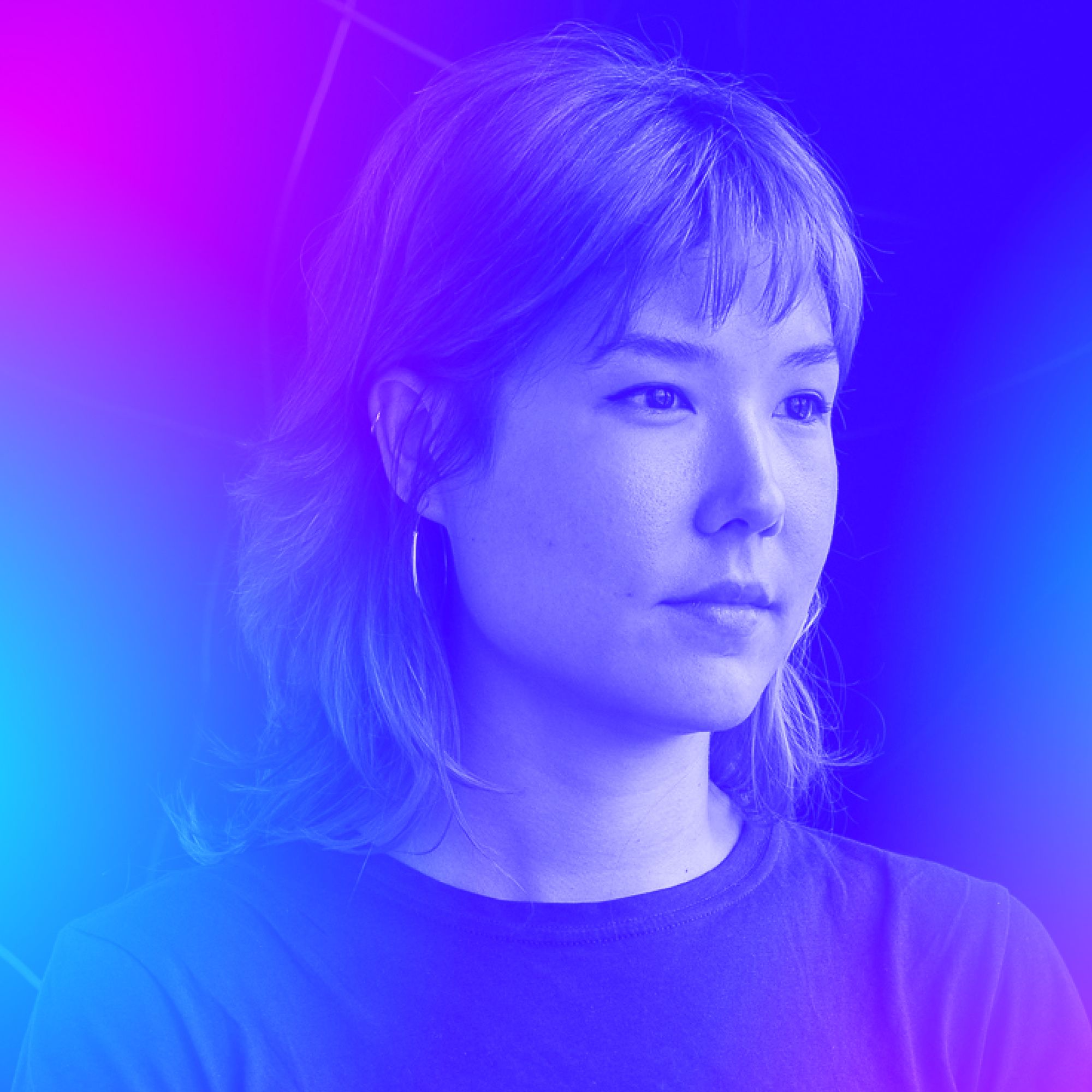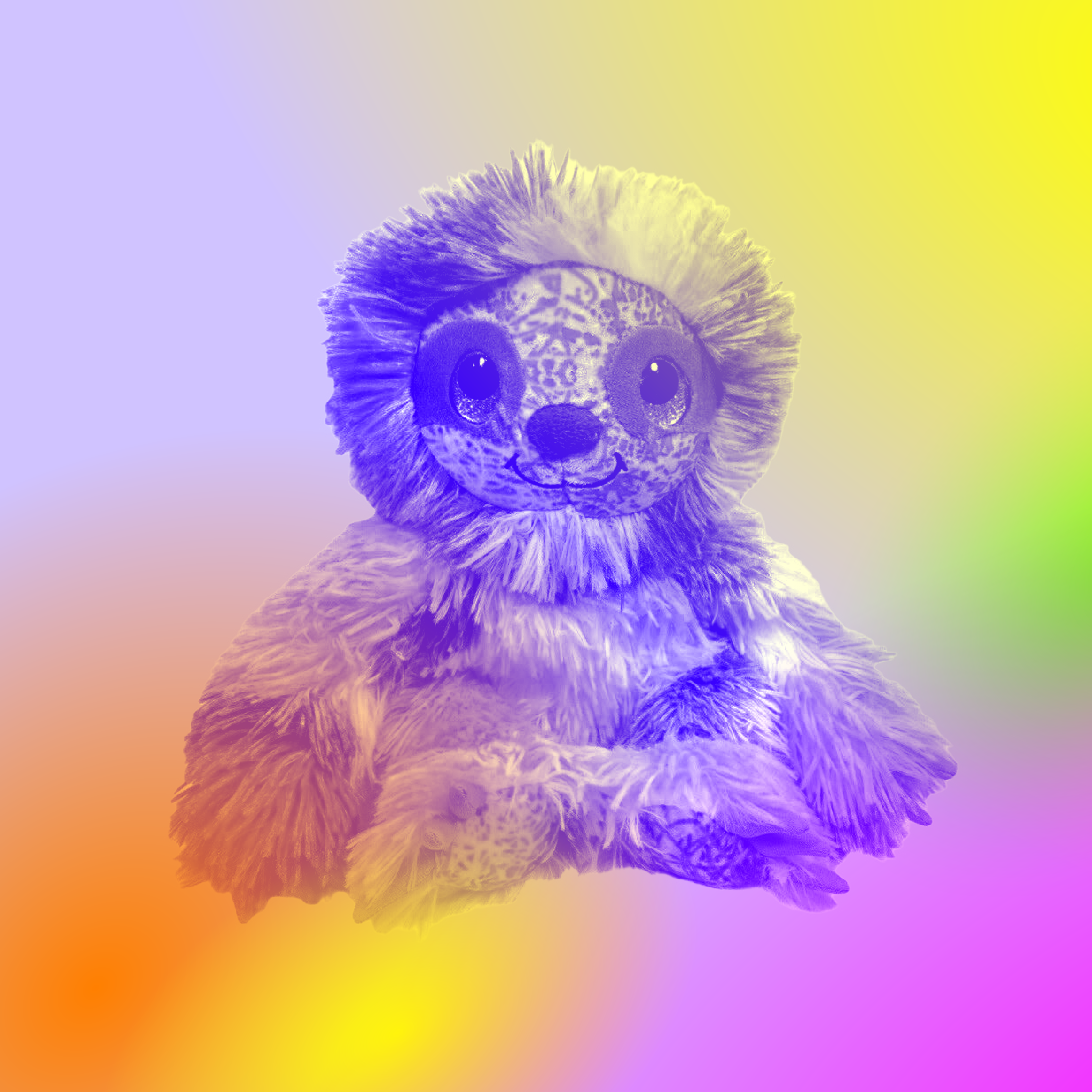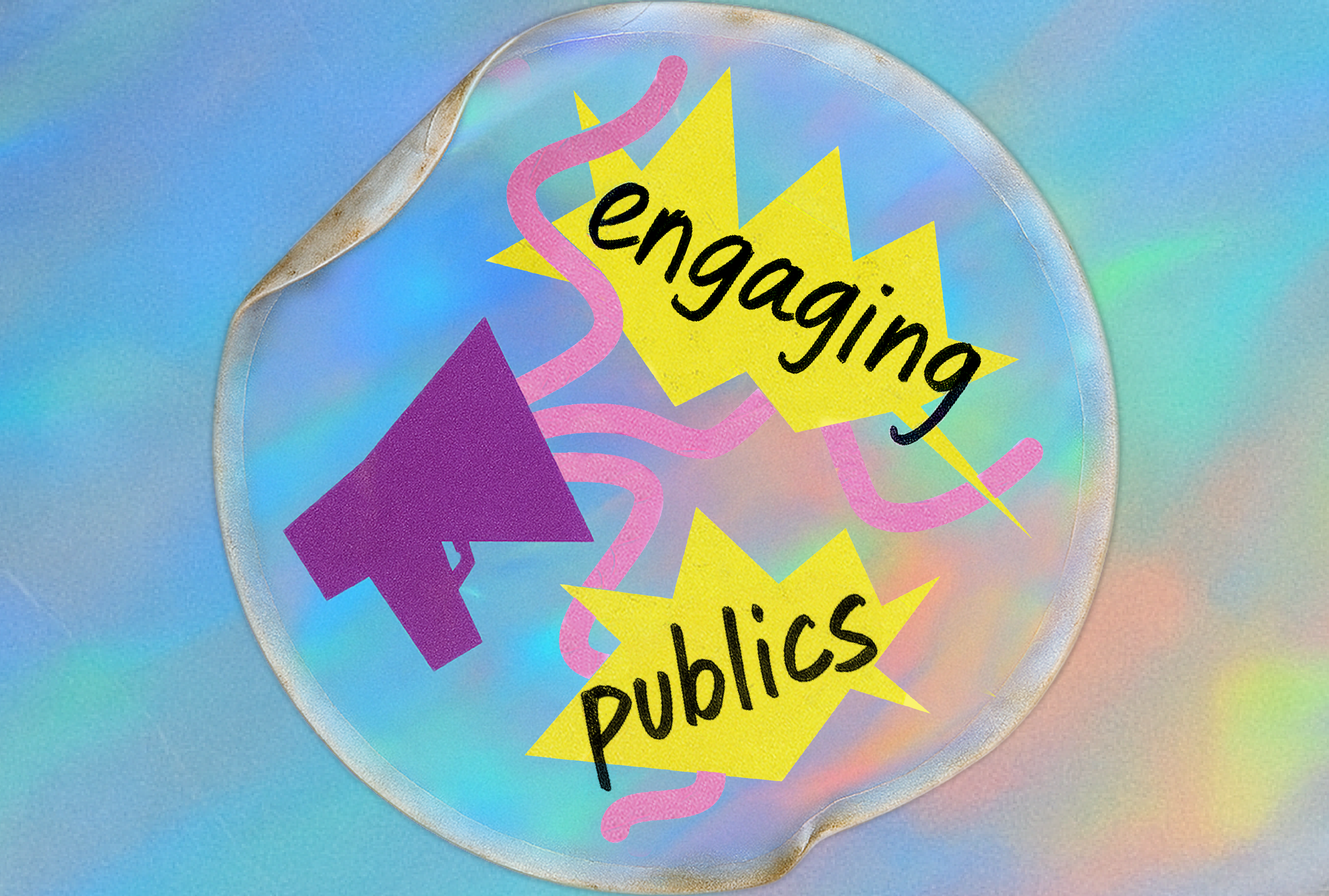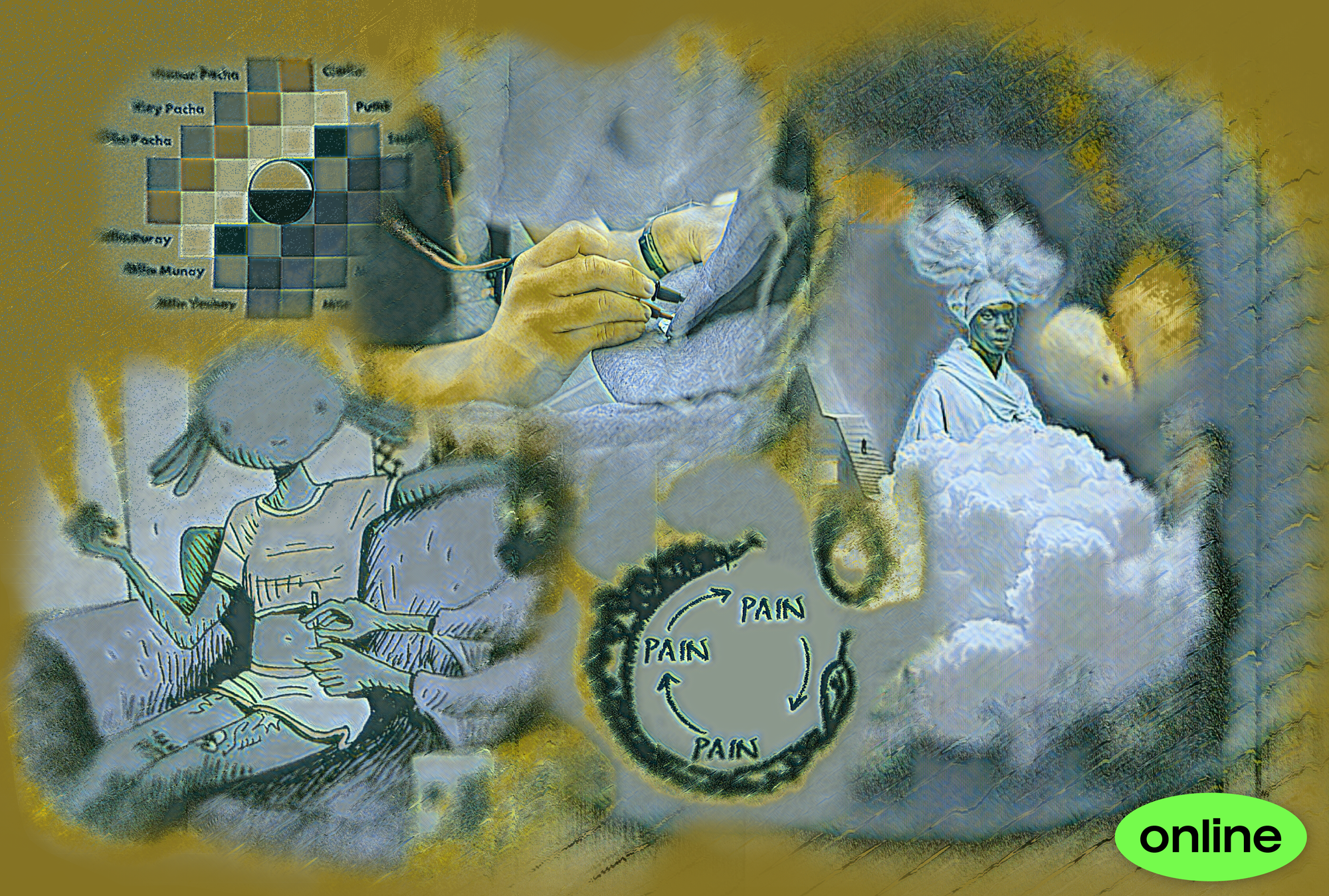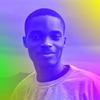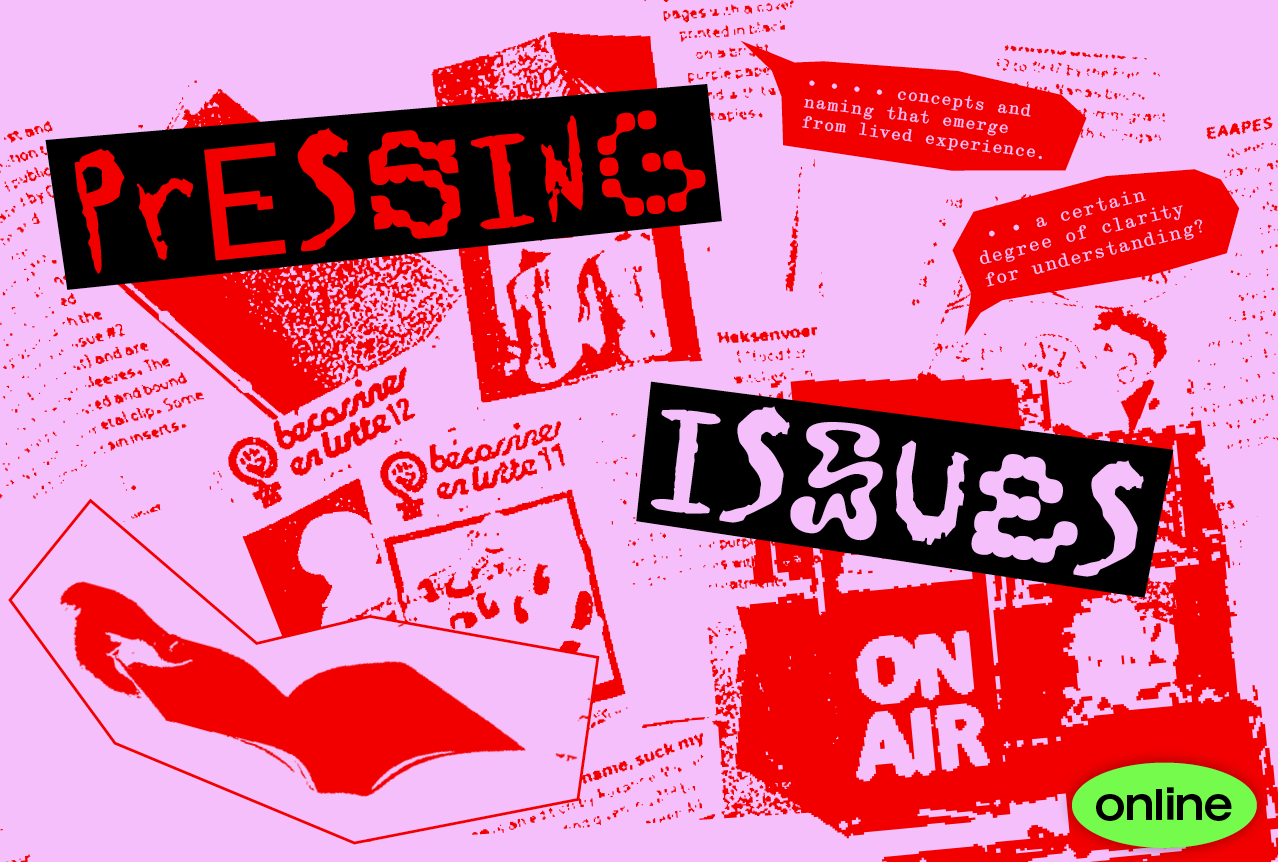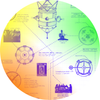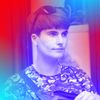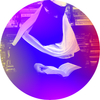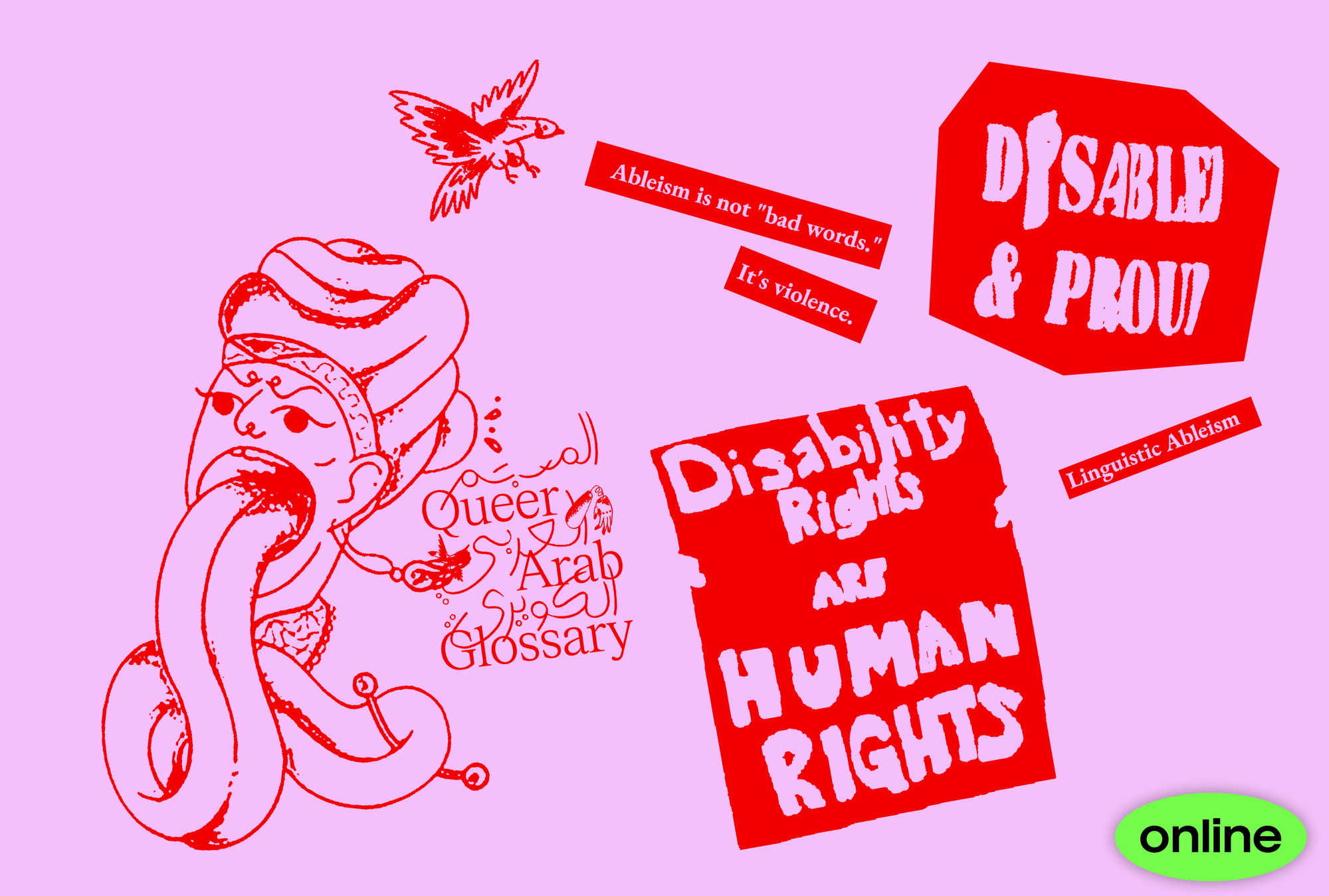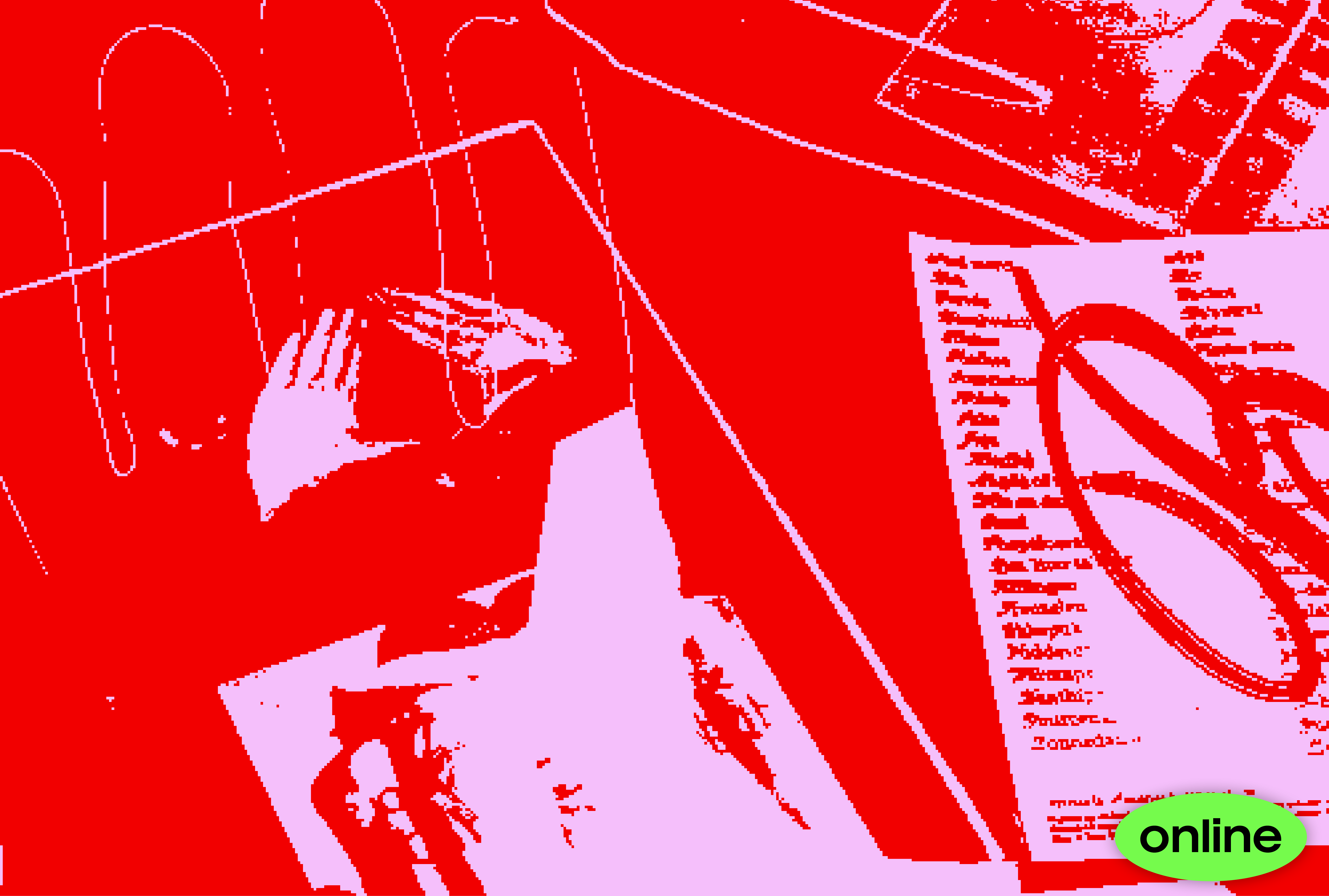This tutorial elaborates on filmic tools and techniques which explore the autoethnographic as a documentary art form.
This session shares practical and conceptual tools to consider when conducting research, piecing together a narrative, and producing a documentary film which situates you onto a continuum of transgenerational, historical time.
Solveig Qu Suess points to various documentaries which focus on mother-daughter relationships, transnational feminist histories, and missing women in resistance movements. She explores excerpts from her ongoing documentary work, Little Grass, to guide reflections on optics and positionality—where might we begin to position ourselves, whether with a camera or through our own voice? How might we look at others not as subjects—our parents, our neighbors, ourselves—but instead, shift our focus onto the relational? How could we think with non-disclosure agreements (NDAs), silences, voids and see where there’s nothing to see? This tutorial brings to the fore the question of what it might mean to sit with troubled histories, where the presence of these histories can be felt through our own lives, lived.

Solveig Qu Suess (she/her) works within the fields of documentary film and artistic research. Since 2022, she has been working concurrently on two films: Holding Rivers, Becoming Mountains, set along the Mekong River in Asia and within the downstream politics of hydroelectric development; and Little Grass, a film on memory that explores the history of geopolitical division between China and the West, as seen through the lens of the profession of optical engineering, featuring her mother’s experience of being expelled by the Chinese state in 1987 for marrying a Western colleague. Solveig is currently a researcher at the Critical Media Lab, situated at FHNW Academy of Art and Design in Basel, Switzerland; and a PhD candidate in Urban Studies at the University of Basel.
This event was co-hosted with Brand-New-Life, an online magazine transversing visual art, art criticism, and practice-oriented research to focus on the complexities and ambivalences of worlds in transition.
Do you like our events? To sustain Futuress in the long run, we need 600 people to support the platform with 10 CHF/month. Every little bit helps, so please consider donating today!

This tutorial elaborates on filmic tools and techniques which explore the autoethnographic as a documentary art form.
This session shares practical and conceptual tools to consider when conducting research, piecing together a narrative, and producing a documentary film which situates you onto a continuum of transgenerational, historical time.
Solveig Qu Suess points to various documentaries which focus on mother-daughter relationships, transnational feminist histories, and missing women in resistance movements. She explores excerpts from her ongoing documentary work, Little Grass, to guide reflections on optics and positionality—where might we begin to position ourselves, whether with a camera or through our own voice? How might we look at others not as subjects—our parents, our neighbors, ourselves—but instead, shift our focus onto the relational? How could we think with non-disclosure agreements (NDAs), silences, voids and see where there’s nothing to see? This tutorial brings to the fore the question of what it might mean to sit with troubled histories, where the presence of these histories can be felt through our own lives, lived.

Solveig Qu Suess (she/her) works within the fields of documentary film and artistic research. Since 2022, she has been working concurrently on two films: Holding Rivers, Becoming Mountains, set along the Mekong River in Asia and within the downstream politics of hydroelectric development; and Little Grass, a film on memory that explores the history of geopolitical division between China and the West, as seen through the lens of the profession of optical engineering, featuring her mother’s experience of being expelled by the Chinese state in 1987 for marrying a Western colleague. Solveig is currently a researcher at the Critical Media Lab, situated at FHNW Academy of Art and Design in Basel, Switzerland; and a PhD candidate in Urban Studies at the University of Basel.
This event was co-hosted with Brand-New-Life, an online magazine transversing visual art, art criticism, and practice-oriented research to focus on the complexities and ambivalences of worlds in transition.
Do you like our events? To sustain Futuress in the long run, we need 600 people to support the platform with 10 CHF/month. Every little bit helps, so please consider donating today!


